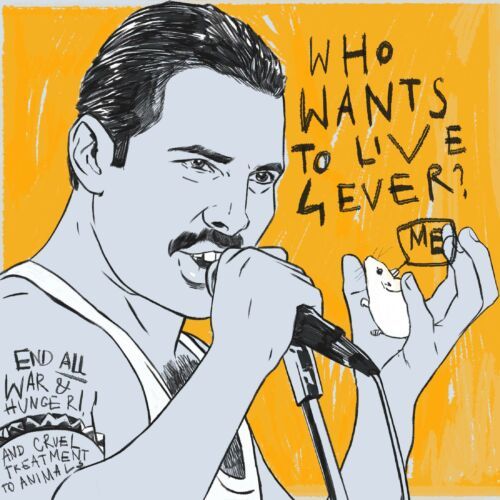Pushbacks and anti-immigrant sentiment in Europe
A story about migration is also about seemingly unconnected phenomena — for example, when sea levels rise in Senegal, the ratings of far-right political parties in Europe change. Forced to flee due to climate change, coastal erosion and resource-depleting international fishing on a massive scale, Senegalese are travelling from their homeland to Spain via Morocco. With the growing number of migrants, anti-immigrant sentiment is gaining strength. Then political groups feel emboldened to portray migrants as a threat to national identity, as exemplified by Spain’s Vox party.
Bulgaria is one of the gateways to the European Union for migrants. The country is trying to seal the border with Turkey to stop the growing number of people seeking to cross it. The Bulgarian authorities are accused of abusing migrants and using pushback. Pushbacks and human rights violations are also taking place in Greece and Italy. These countries have been condemned internationally for their actions toward migrants.
In Greece, the asylum seekers have had to leave their homes and return to refugee camps. According to Greek authorities, the standards in the camps are high, but migration experts say that this is an attempt to deter other migrants from seeking a chance at asylum. The housing for migrants was provided by the Emergency Support to Integration and Accommodation (ESTIA) program, a joint initiative of the United Nations High Commissioner for Refugees and the European Union. The Greek government withdrew from participation in the program in December 2022.


























